“Too many copy and paste podcasts”
Reporter
Just getting his feet wet in the New Zealand media industry, Tauranga-based Rory Hughes is a social media producer at Stuff and has recently been working on the Tova show. The UK native has also worked with the BBC and shares his international perspective on the podcast industry.
Rory Hughes. Image supplied.
How long have you been working in the audio/ podcast industry and how did you get your start?
[I’ve been in the industry] for just under five years, [starting] in student radio, where I created a weekly podcast about the week’s political events. From there, I got commissioned to make a podcast by the BBC, which was cruelly scrapped by a snap general-election. [I] made a second podcast about my condition of ulcerative colitis, and then secured a role on a morning phone-in radio show in Scotland.
Several years later, with many more strings to my bow, here I am!
What do you love most about being in the podcast industry?
The people. I am in audio and podcasting because it’s centred in storytelling and community. It’s a collaborative space where new voices are heard, echoed, and reinforced. And through the ever-unfolding creativity of those in the industry, these stories are being heard by new people, in incredible ways!
Paint a picture of your daily work routine.
I work freelance, so my picture is probably more abstract than realist - to use a bad painting analogy. Because I work across a variety of outputs and shows, usually, my day involves a mix of production meetings, social content planning, and - the best part - making things.
Regularly joining new teams, my talent lies in taking jargon and making it accessible. In even simpler words, I take what sounds good to media insiders, and make it into something that ordinary people can enjoy.
I thoroughly enjoy learning and understanding how each new client communicates, then bringing that to the world.
What are some of the podcasts you’ve been working on recently?
Since I came to New Zealand, I’ve only been able to work on two projects: Stuff’s Tova and Newsable.
Tova stands out as my favourite between the two. It’s a privilege to watch such a talent up-close — how she dissects complex political policies to a level that a complete out-of-towner like me can understand — is a masterclass in broadcast journalism. I’d highly recommend anyone go and give it a listen
What do you think are some of the biggest challenges for the podcast industry today?
The unsustained cash influx during the pandemic. Over that two-year period there was a raft of celebrity driven, ill-thought out podcasts that flooded the market and turned a lot of people off.
Or, they made people assume they knew what a podcast would be without listening. This discouraged diversity and stunted creativity because podcasts became about quotas and listener numbers.
There is a time and place for that quantification, but not in the fledgling period of a relatively new art form. Going forward, companies need to give time, space, and most importantly, funding to their podcast departments. It is the future of talk radio, of community-driven listening, and it needs support.
What opportunities do you think podcasts create? I.e. community building, addressing big issues, tech industry collaboration etc.
Podcasts, to me, are an extended conversation. The listener may not have an active role in that dialogue, but they are privy to what is being discussed. In a world of constant distraction by dopamine, this elongated period of listening should be a treasured space for growth. It allows people to challenge their own ideas, listen to opinions they may agree and disagree with, as well as listen to topics they know nothing about — purely because they trust the podcast. That is the perfect example of community; it is inclusive, active education.
If there was a change you would want to see in the industry what would it be?
Diversity. There are too many copy-and-paste podcasts. Large media conglomerates, particularly in the UK, have diluted the art form down to a ‘science’. All in search of a bump in listeners [and]subscribers. If I were Emperor of the Podcasts (a title that should come with gold-dipped headphones), there would be a banishment of advertisements hidden as podcasts.
I do not care about the planning of a rich person’s wedding. I have no interest in the faux-drama of a ‘for-content friendship’. I know this sounds cynical, arch, pedantic; but would you miss them if they were gone?
What’s your number one bugbear when you listen to a podcast?
Constant noise. Silence is powerful — it belongs in conversation.
What’s your favourite podcast of all time, and why?
Have You Heard George’s Podcast? The podcast that changed how podcasts should be made, ‘[it’s] an audio portrait of the life of a young black man in the UK.
Pick one of the two options and explain why you have a preference for one type of podcast genre over the other. Comedy or True Crime? Narrative Documentary or Talk Personality?
Comedy — if done well — is constantly reinventing itself. When a truly brilliant stand-up comic speaks, a room (and ideally a podcast’s listener) is captivated. True Crime doesn’t spark anything in me - I’ve never gravitated to that world.
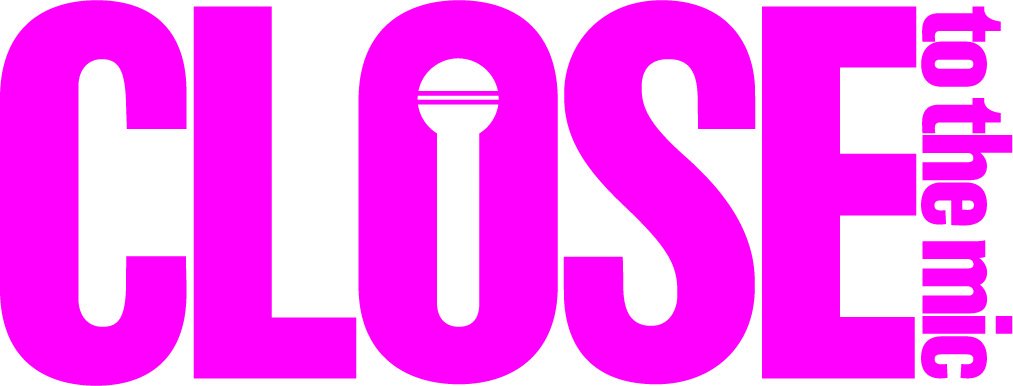
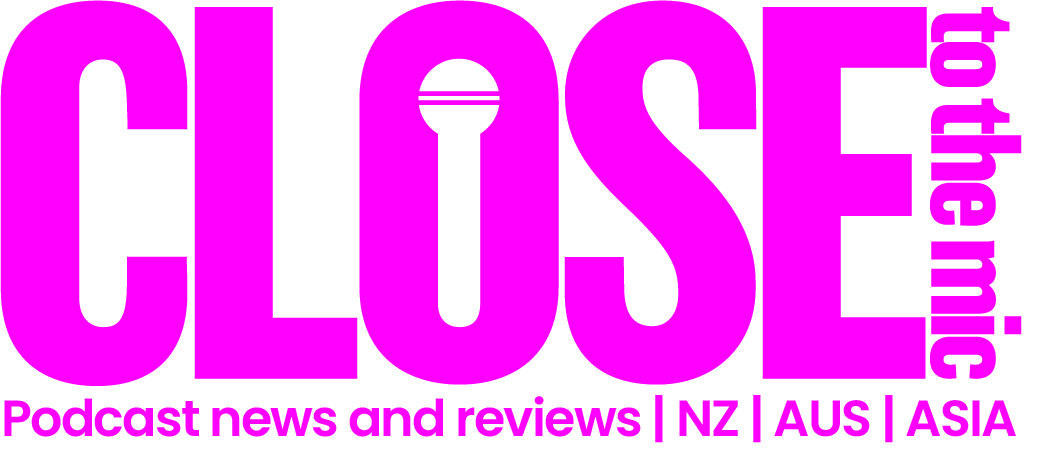
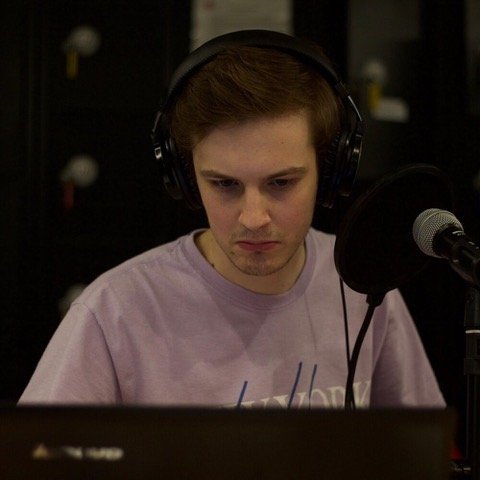
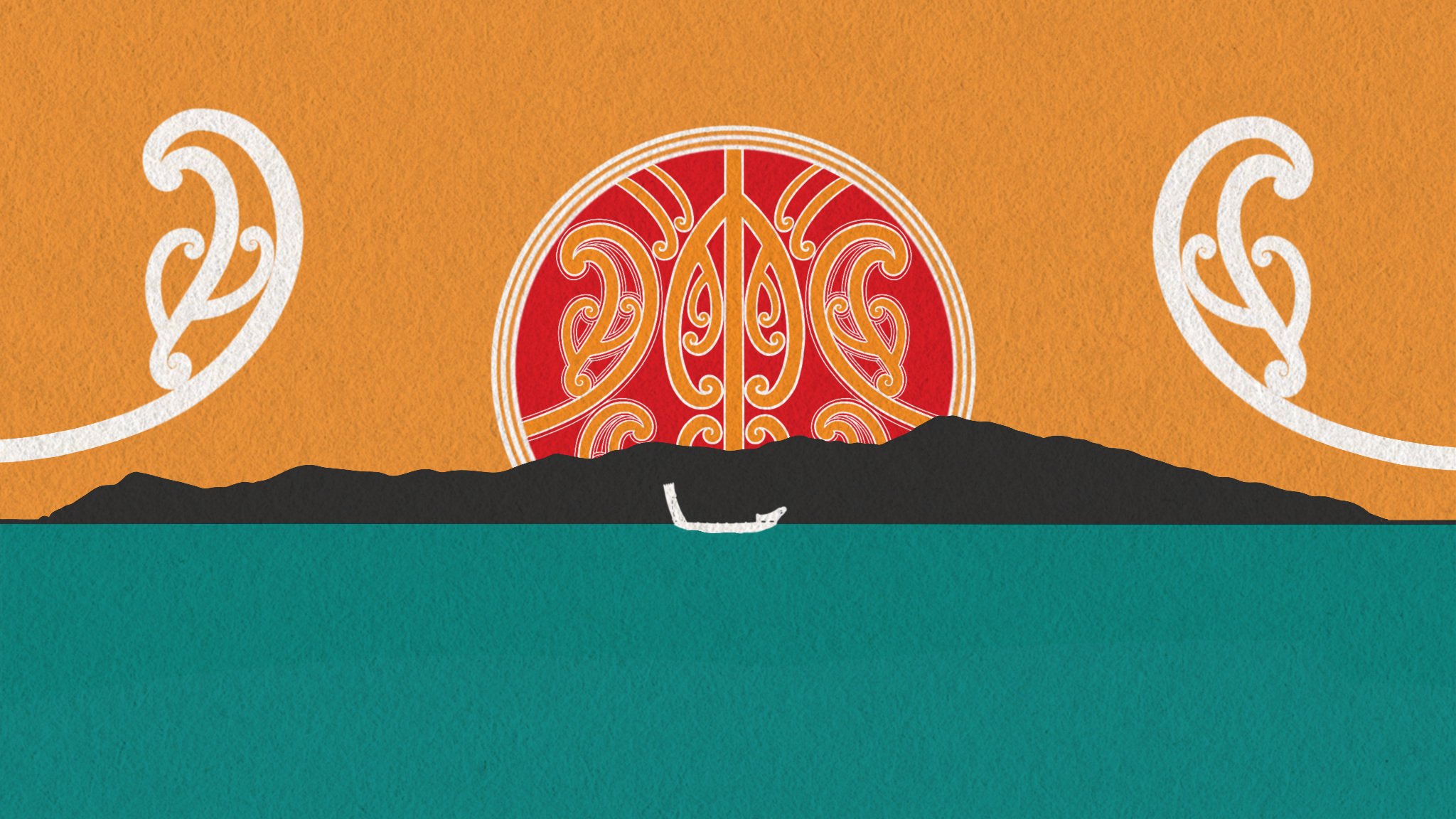
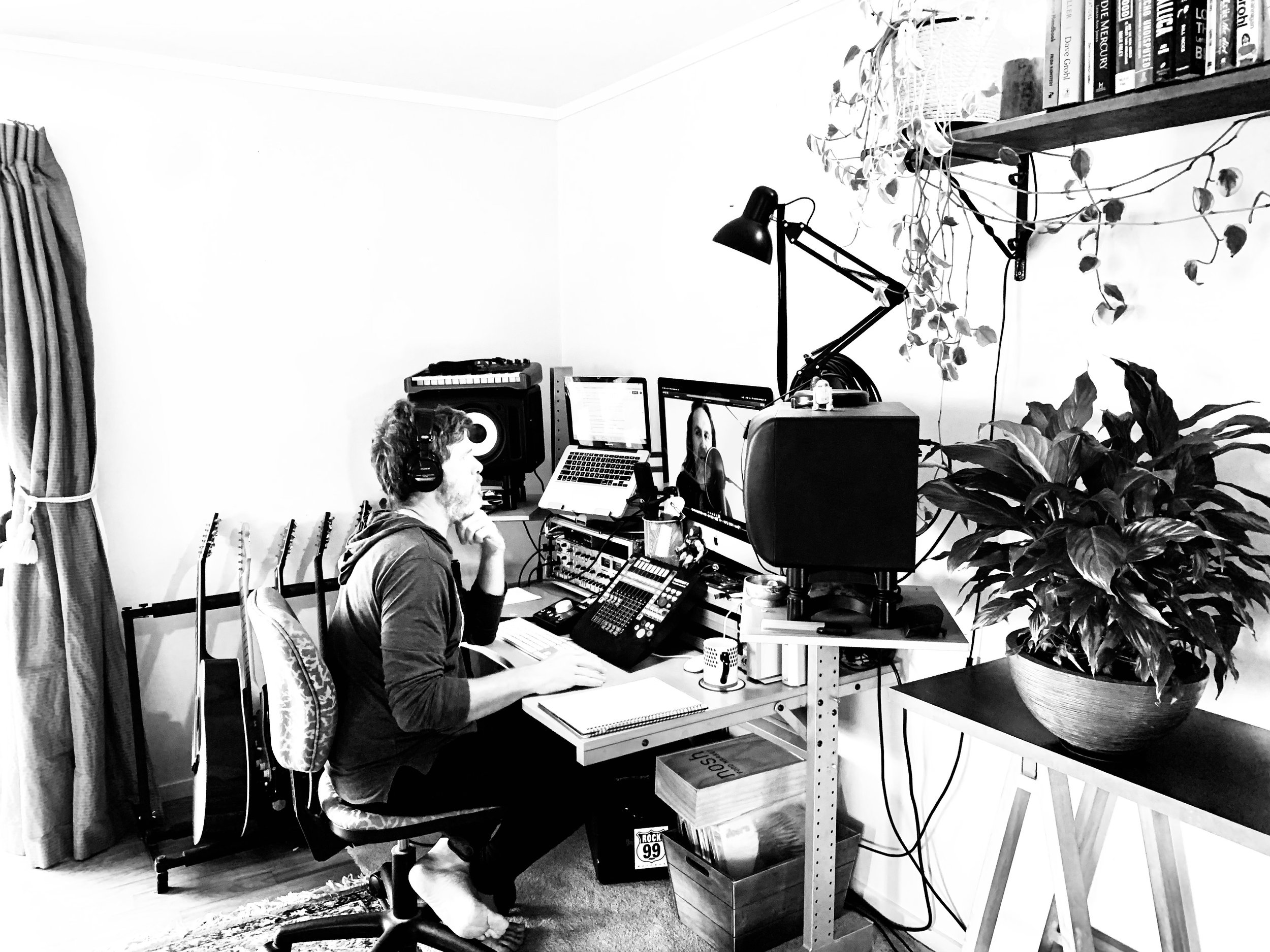
Rory Hughes is getting his feet wet in the NZ podcast industry and shares why too many copy-and-paste podcasts limits diversity and creativity.